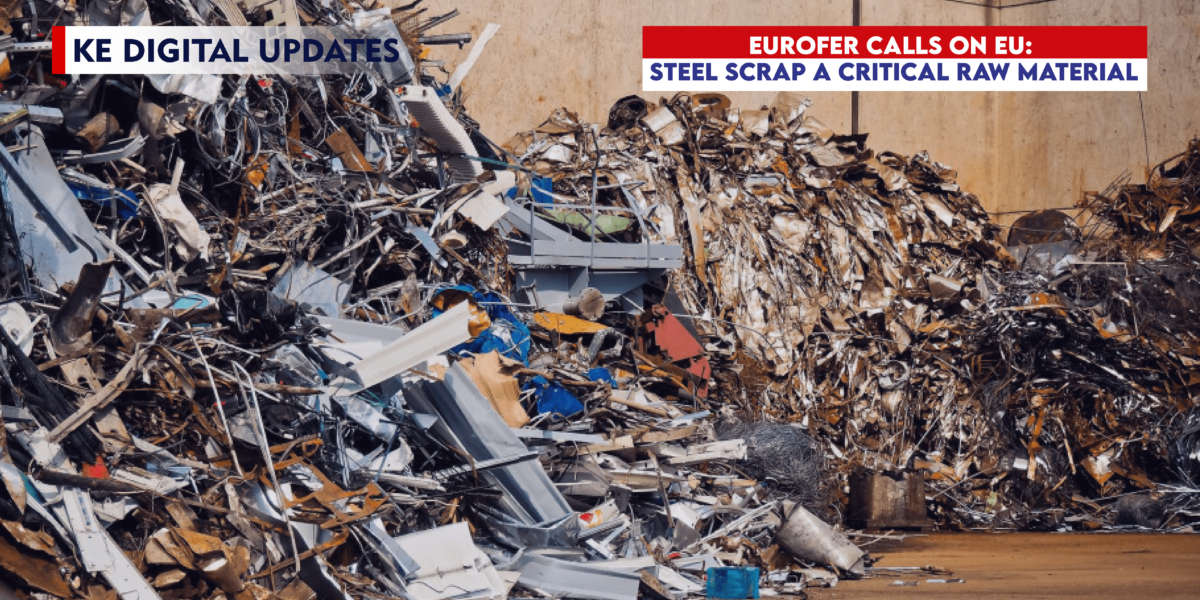EUROFER, the European steelmaking association, requested the European Union to list the scrap in the category of crucial raw materials. It is essential for the European steel industry’s self-sufficiency and for achieving environmental targets in the long run. In 2021, 59% of scrap exports had been recorded from the EU to third countries. Most of these do not
have the equivalent standards to the EU.
European Union will impose the Critical Raw Material Act (CRMA), which will ensure the provision of raw materials to local industries and access of the countries to waste of European Union, which has the EU equivalent environmental standards.
Ursula Von Der Leyen, the President of the European Commission, has stated that the European steel industry wants to invest in research & innovative measures to increase the production level with the availability of inexpensive raw materials.
Axel Eggert, CEO of EUROFER, stated that CRMA would enhance the capacity of a sustainable supply chain and provide investment opportunities. Green steel provision will be possible with the availability of wind energy and the availability of essential raw materials like manganese and nickel. EUROFER appraised European Parliament for the act of a revision in Waste Shipment Regulation (WSR).
Australian Steel Institute (ASI) requires a ban on the export of unprocessed ferrous Scrap for recycling. According to Mark Kane, the executive director of ASI, a ban on scrap export will provide an increased quantity of 800,000 tons for recycling to the local market. It will control the emissions of hazardous gasses.


